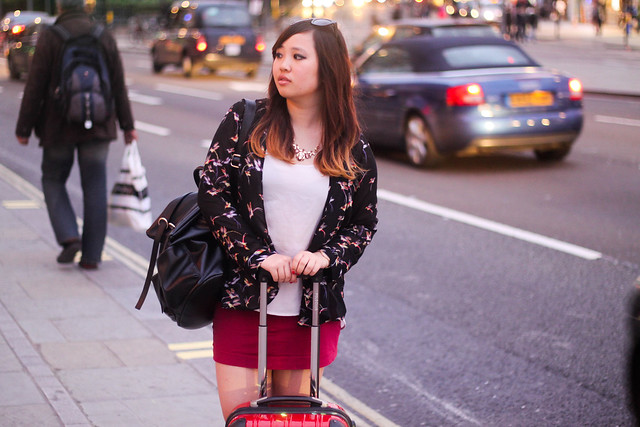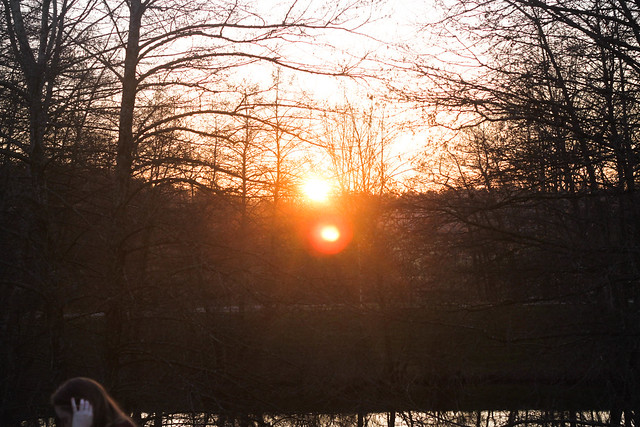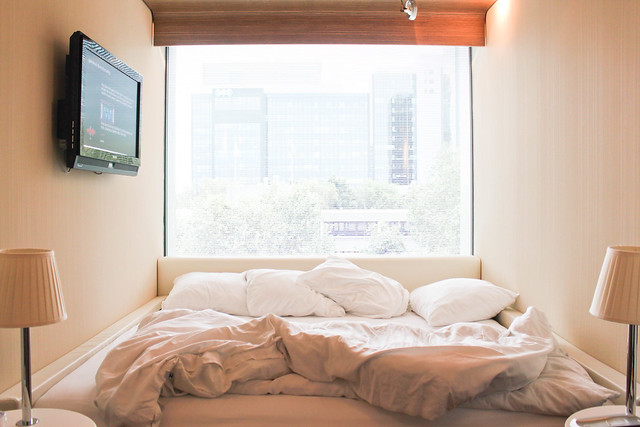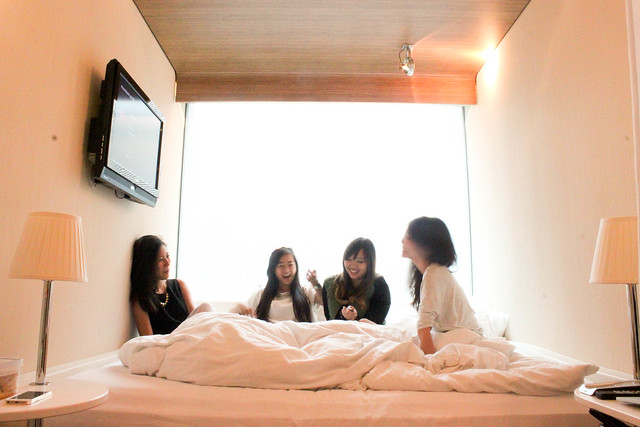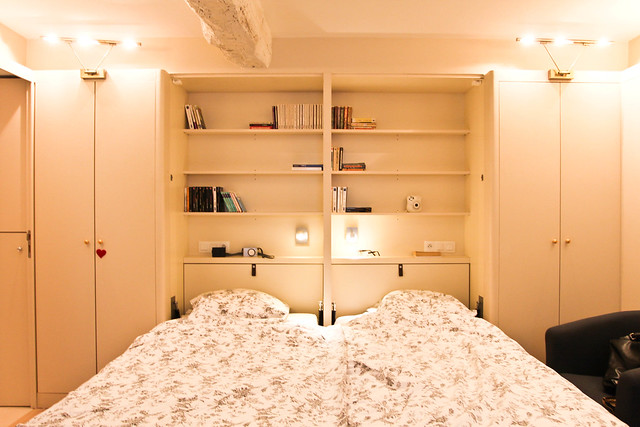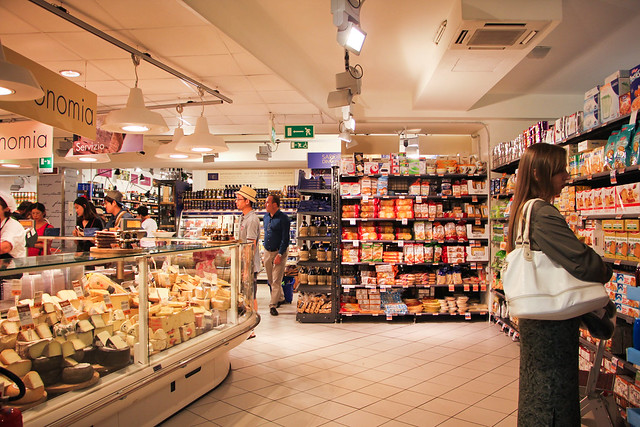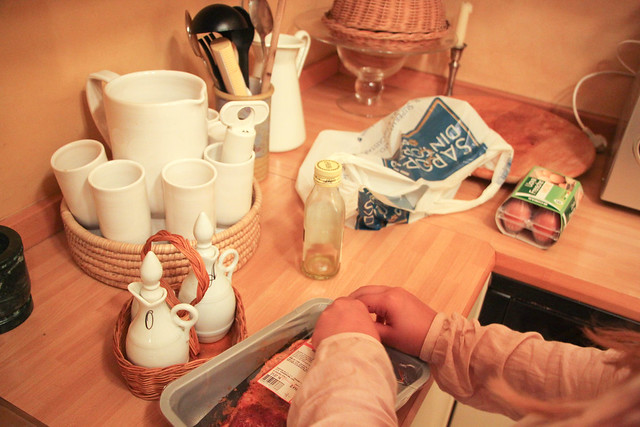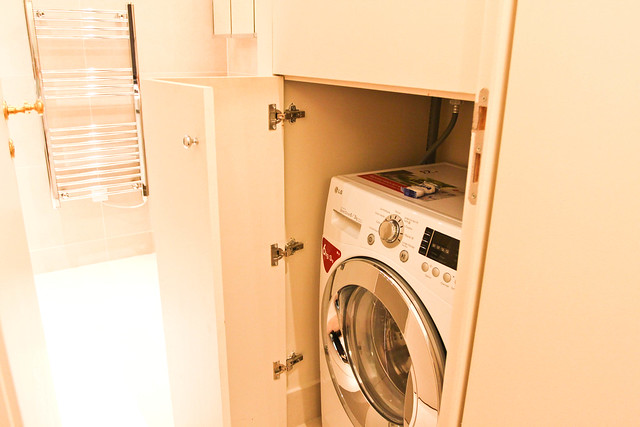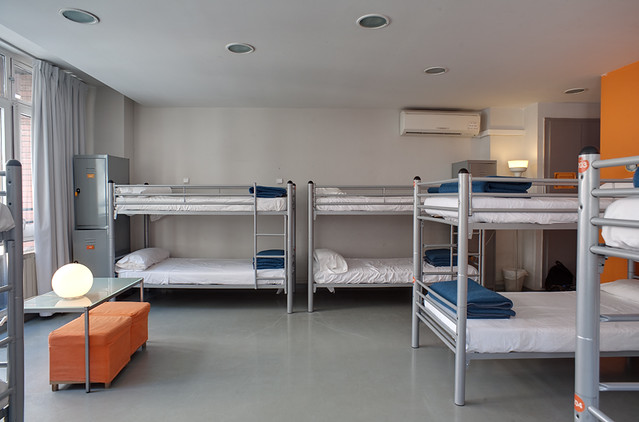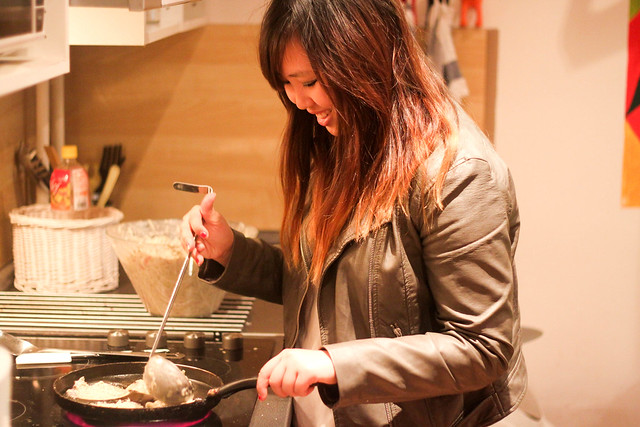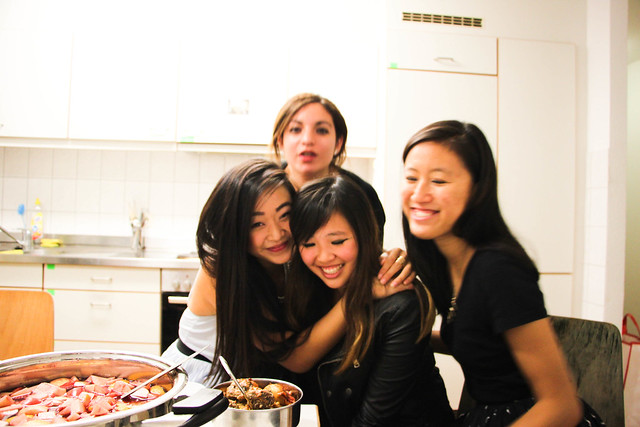Hey guys,
A lot of you have been asking me for more general trip-planning advice because grad-trip season is upcoming. So! Here I am being all guidebookey again.
When planning your trips to Europe (or anywhere, really), there are a few fixed costs you have to look out for, especially when you’re on a budget. Generally, flights and accommodation are a must, and everything else is variable. But as one would have it, those two are usually the most expensive parts of your trip, and this is nothing if not a Broke Student’s Guide, so.. here we go.
Types of Accommodation
I’m writing this with Europe in mind, having had the most experience in that region, but please feel free to export anything I say to other parts of the world and adapt accordingly.
There are generally five tiers of accommodation options. I list them below from most to least expensive:
1. Hotels
2. Airbnb Apartments
3. Hostels / Guesthouses
4. Couchsurfing
5. Taking advantage of existing friendships.
All of them require some form of exchange, whether in cash (like paying for a hotel) or in service (hanging out with / cooking for your couchsurfing host). The last option, taking advantage of existing friendships, is only applicable if a) you have a friend living in the city you’re looking to travel to and b) you don’t mind being annoying and imposing on his/ her life. Otherwise, you’re definitely looking to book somewhere and stay in a completely foreign apartment, and this is just to give you a run down of how things look and work.
Why?
Why is this post necessary? Isn’t this common sense? Most people will ask. Well.. I will have you know that most people, myself included, assume that hotels are common fare when traveling abroad. This is a painfully Singaporean mentality that reveals our privilege. We don’t couchsurf here, and we regard backpacker hostels with a kind of curious, distant stare. Most of the time we’d assume hotels are our first accommodation option when travelling, but har-di-har. If you’re made of moneypants, sure, but this post isn’t for you. I actually thought that when going on exchange, I’d spend seven months exploring different hotel rooms in Europe.
Lets all take a moment to laugh at me.
Done? Great. Let me just put it out there now that no, hotels are not common fare for the budget/ student traveler. They are a luxury. If you’re looking at tripping across Europe for under 3k, flights included (totally possible btw), then get used to the idea that hostels are going to be pretty much your best friend. Okay? Okay.
But anyway, Hotels
Hotels are generally the most expensive option when travelling Europe. Perish the thought unless you’re a business traveler or a rich kid – but as everything, there is always the odd exception to the rule. If you can get a great credit card deal, you might be able to snag a room for a super cheap rate – that’s fine. Otherwise, some cities have boutique hotels that may work out pretty decent when divided by the number of people you’re willing to snuggle with. One such example is Citizen M in Amsterdam.
Citizen M is basically a budget-ish hotel that tries to pass it’s budget status as something quirky and unique. This is the reason why it does away with a lot of frills – no check in counter, you do it at an automated computer booth, a glass toilet in the middle of the room thats meant to be ‘sexy’ but really serves to save space, and so on. This is all great and works out fine for you because if you’re staying with a few people of the same gender, you can all squish up on the big bed and split the cost. We did Amsterdam rather spontaneously so most of the good airbnbs were snapped up already, and this was the next cheapest thing.
Citizen M has also branches in Paris and Glasgow, and you’ll do well to keep a look out for ’boutique’ hotels like these that serve group budget travellers pretty decently. But unless you have a credit card deal or some sort of weekender deal for the hotels, you’ll probably be wanting to look at airbnb or hostels.
Citizen M Hotels
Citizen M Hotels
Tip: if you sign up for their free membership, you get 15% off your booking.
Now, I’m not going to beat about the bush. Most of you know that I work with Airbnb now – but when I was in Europe, I was paying for all my stuff myself, sans when I worked with individual hosts. And I hope that those of you who’ve been with me for awhile know that I’m not one to bullshit you guys about what’s worth it and what’s not, and that I maintain as honest an approach as possible when coming to the table. What I am trying to say is – I try my best to be objective, and I trust that you guys understand that. So, now that that’s clear..
Airbnb: it surprises me that some people still are unfamiliar with the concept of airbnb. I was at dinner last month and someone at the table said he hadn’t heard of it before. Whaaaat? Airbnb saved my ass multiple times in Europe, and I suggest that anyone traveling in a group read up on it pronto.
I suggest that you look at Airbnb if you’re travelling in groups of two, three, or more. I think you only really start to save when you travel three people and up – if you’re travelling alone or with just one other person, it may work out cheaper to get a hostel bed in a mixed dorm. This is because you pay for Airbnb by the room/ apartment, not per pax. The more people you have the cheaper it gets.
Things to look out for when booking an Airbnb apartment:
– Verified Photos
Most people still don’t know this, but Airbnb offers a free photography service to hosts. They send their own photographer down to the listings to shoot the pictures for the hosts to use on their sites, and this doubles up as a sort of guarantee that the place at least looks pretty true to the pictures – Airbnb has, at least, verified it. You can tell if a place has verified photos by clicking through the photos in the listing:
– Reviews
Please be diligent about reading your reviews. A host cannot delete a review, which means that these are real-people, honest-to-goodness community sourced reviews. They are not edited, and a host cannot delete the ones that make them look bad. So read them, and only book those with relatively good ratings.
Message your host before booking with them to express interest and sound them out a little. Generally, if a host sounds okay, he should be okay. They’re bound by an agreement with Airbnb so if they back out on you last minute, Airbnb guarantees your refund, but all the same it’s nice to touch base with your potential host to get a feel of whether you want to stay with him/her or not.
– Location
I find that most Airbnb are quite well located, because they actually belong to people who live in the city and know where is convenient for commute and so on. I mean, if you’re renting a room in someone’s apartment, they probably would have picked the best possible location for their budget given how they also have to live there, which is good news for you too. At the same time, do remember to search with location in mind – and balance out the expenses saved staying somewhere further out with the cost of commuting into the city. Generally, I try to pick somewhere you can walk to the city centre from.
– Facilities
– Buffer Time
Depending on the area and season, you’re going to want to book your Airbnb apartments early. Paris and London are notorious for running out of good places very fast, especially in the summer. So I would say if you’re looking to go in the middle of the year, you should start looking now and make a booking within the next month or so. If you’re going somewhere less popular, or making a short trip to a country nearby, you can afford to keep your options open and book up to two weeks before departure. For Phuket, I actually booked like two days before flying because.. yolo.
A note on cost-calculation:
The amount you see quoted per night isn’t the final amount – there are a couple of hidden costs. Airbnb has a service fee, which usually varies with the cost of your accommodation. This is basically accommodation insurance – if your host doesn’t turn up, or tries to suddenly raise the price upon arrival, airbnb’s customer experience team will sort it out for you and guarantee your price/ refund/ etc. Some hosts require a security deposit of up to 200Euros, which can be a little daunting. And some hosts have a compulsory cleaning service that they charge you for. So remember to factor all these in when making a decision, because they can all add up – especially the cleaning service, that can get rather expensive.
On the other hand, the service fee you pay is kind of like accommodation insurance. When you book with Airbnb and something goes wrong, Airbnb guarantees your booking fees, and also springs up to find somewhere else for you to stay immediately, and pretty much helping you out in your time of need.
You can also generally get discount codes for Airbnb quite easily – here’s my discount code for any of you looking to travel.
Traveling tip: get $35 off with Airbnb referral links.
Okay, moving on!
Hostels / Guesthouses
Like I mentioned before, if you’re travelling alone or in pairs, hostels (or ‘youth hostels’, as they’re known in some places) can very well become your best resource. The prices of hostel beds can vary with the season, but you can be looking at a bed for as cheap as ten euros per night in some places, off peak. I realised quite belatedly that I don’t have any pictures of hostel rooms because I never took any – they’re quite unphotogenic hahahaha. So here is one from google images:
This is basically what a standard bed in a mixed dorm will look like. The cheapest beds are always in a mixed dorm. If you want one that is gender segregated, the price goes up. If you want one that is relatively private – just you and your friends – the price goes up. So usually the absolute cheapest you can get is a bed in a thirty bed mixed dorm. If you’re going to stay in a private room in a hostel, it can cost as much as or more than a hotel, which kinda defeats the purpose, so I’ve always opted for the cheapest bed in hostels in Europe.
So what do you get when staying in a hostel?
– A safe for your personal belongings, one per bed.
This is quite standard. You absolutely have to lock up your belongings when you sleep or when you’re out of the room – with twenty other people going in and out, it’s really better safe than sorry. This safe is generally not very big and suited for cabin sized luggages or duffel/backpacks, so if you have one of those ginormous 30kg luggages, BUY A LOCK FOR IT.– A communal shower.
So if you’re booking a bed in a hostel, bring slippers. I always forget this, and it gets very annoying. Don’t be icky about using a communal shower, most of them are rather clean and also, #lifeexperiences am i right.– A rented towel.
Some hostels provide this for free. Some only rent them out. Make a decision based on your backpacking space and finances. What I suggest is bringing a small sized towel that you can use if the hostel won’t provide one for free.– A communal kitchen
Same thing goes for this and for airbnb selections – pick a hostel with a kitchen. You won’t regret it.– BREAKFAST.
Hurray – a lot of hostels throw this in, and a lot of terrible budget backpackers like myself pack sandwiches to noms throughout the day so we don’t have to buy lunch when out and can spend more on a nicer dinner. This is technically not allowed but they tend to close one eye. Heh heh. Budget travelling tip right there. Don’t expect some hotel-standard buffet spread – it’s usually a cereal bar and some sandwich options, but hey, it’s free, so whatever.– WIFI.
So many hostels offer free wifi nowadays that you really shouldn’t be looking at booking one without wifi offerings. With wifi in the hostel, you can at least survive without having to buy a sim card. Lots of travel apps can be used offline nowadays – ref: Guide to Top Five Free Travel Apps.
You spend very little time in your hostel room itself – it’s generally quite crammed and squeaky, especially if you go for the cheaper option. But what I love about hostels besides the student-friendly price point are the friends you get to make there! Hostel-travellers tend to be all in one vein – they’re open, friendly, and they want to know everything there is to know about different cities and cultures. That’s part of why they’re roughing it out. I’ve spent a lot of time lounging around in hostel common rooms and making friends to hang out with, and it’s been awesome.
Hostelworld.com
Hostelbookers.com
My favourite is Hostelworld. It’s got a huge base of hostels listed, it’s very easy to use, and there are no booking fees – it just holds 10% of the total cost on your card as a guarantee. This can be refundable or non-refundable upon cancellation depending on whether you pay for it to be. But overall it’s a pretty good deal.
This is generally what your search/ booking process will look like:
Input your city, dates, and number of guests. They will immediately list all available hostels plus its rating, number of reviews, price point, and a short write up. Don’t be lazy about reading reviews. You really need to know what you’re getting yourself into here. Also, when they say Dorms from $xxx, what they usually mean is of the three nights you’re staying there, the lowest price is what’s stated, and then the others are slightly more expensive. The prices per night vary based on the season and whether you span a weekend.
What to look out for (in addition to the things listed above that should come with any hostel):
– 24/7 check in reception.
If you’re travelling budget you’re likely to take some train into the city that arrives at an unholy hour when no one is awake to receive you, and thats when a 24/7 reception desk really comes in handy. Also, train/bus delays are relatively common in Europe so you don’t want to be stuck arriving unexpectedly after the desk closes.– Washing machines
Same reason as what I listed in the airbnb section.– A good location.
GOOD LOCATION = LESS COST ON TRANSPORT. Nuff said.
Hostels can generally be a hit or miss – I’ve had my fair share of horror stories (london, lol) and wonderful experiences (prague, obviously). Overall they’re a great way to meet new people and super for the budget, but I think you need to weigh it up against safety as well. In certain cities I feel like you definitely should look at more private accommodation like airbnb or cheap hotels because hostel theft is common – in southern Italy or Spain, for example, I would always opt for an Airbnb or private room. But for most cities, hostel-ing is quite the essential backpacking experience. I enjoyed my hostel experiences in Prague, Budapest, and Switzerland very much, and I met a lot of new people that I still keep in contact with till this day! And yes, it can be a bit of a gritty experience, but hey – you’re young. You can take it.
Couchsurfing
I’ve written an extensive post on couchsurfing here which I suggest you read if you’re looking to couchsurf in Europe – I did it in Salzburg, Rome, and Slovakia amongst others, and I feel like it’s another one of those quintessential backpacking experiences because you really get intimate with local living there. Still, I understand there are safety concerns, so the next best thing:
Crashing with a friend
Come on – all of us have that one friend who went abroad to do college. Usually this friend is somewhere in the UK, and it’s often tempting to just crash with a friend for the free bed and familiar face. I don’t have much to say about this because it really depends on how close you are to your friend, but I feel like common courtesy still applies in this case: it’s difficult for someone to say no if you ask them to let you crash because it makes them look like an asshole, even though they’re completely entitled to not want you there.
So I suggest you drop them a text if you want to stay with them, saying that you’re coming to town and would like to hang out/ catch up. If they follow up with an invitation to let you crash, then you are good to go. If they keep mum, they probably don’t want you there. Be considerate and don’t impose on someone else, especially if you’re not close to the person. It’s painfully obvious and kind of rude if you’re only being cozy with the person because you want a free bed. Don’t be that person.
I know that if you haven’t been to Europe on your own before, options like hostels and couchsurfing can seem quite foreign to you, so I hope I gave you some idea of what it’s really like so you can come to a decision as to what suits your needs best. There are other experiences of course, like sleeper trains, which I wrote about some time ago, but in general these are the options that you will have available to you.
Alright then! I think that’s about it. I hope this helped those of you planning towards grad trips, and all the best – go out, make friends, and have all the fun you can x
x
♥jem


